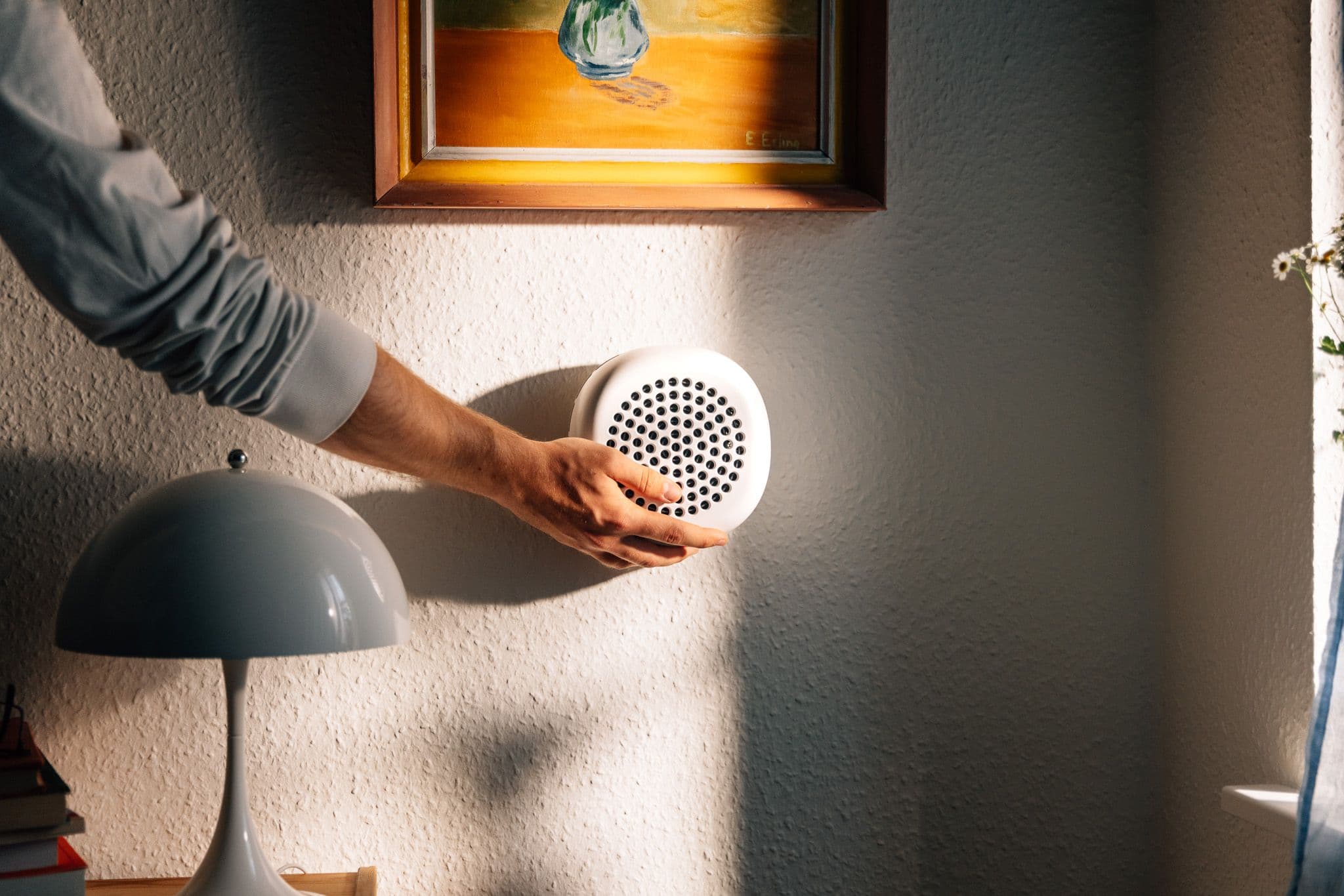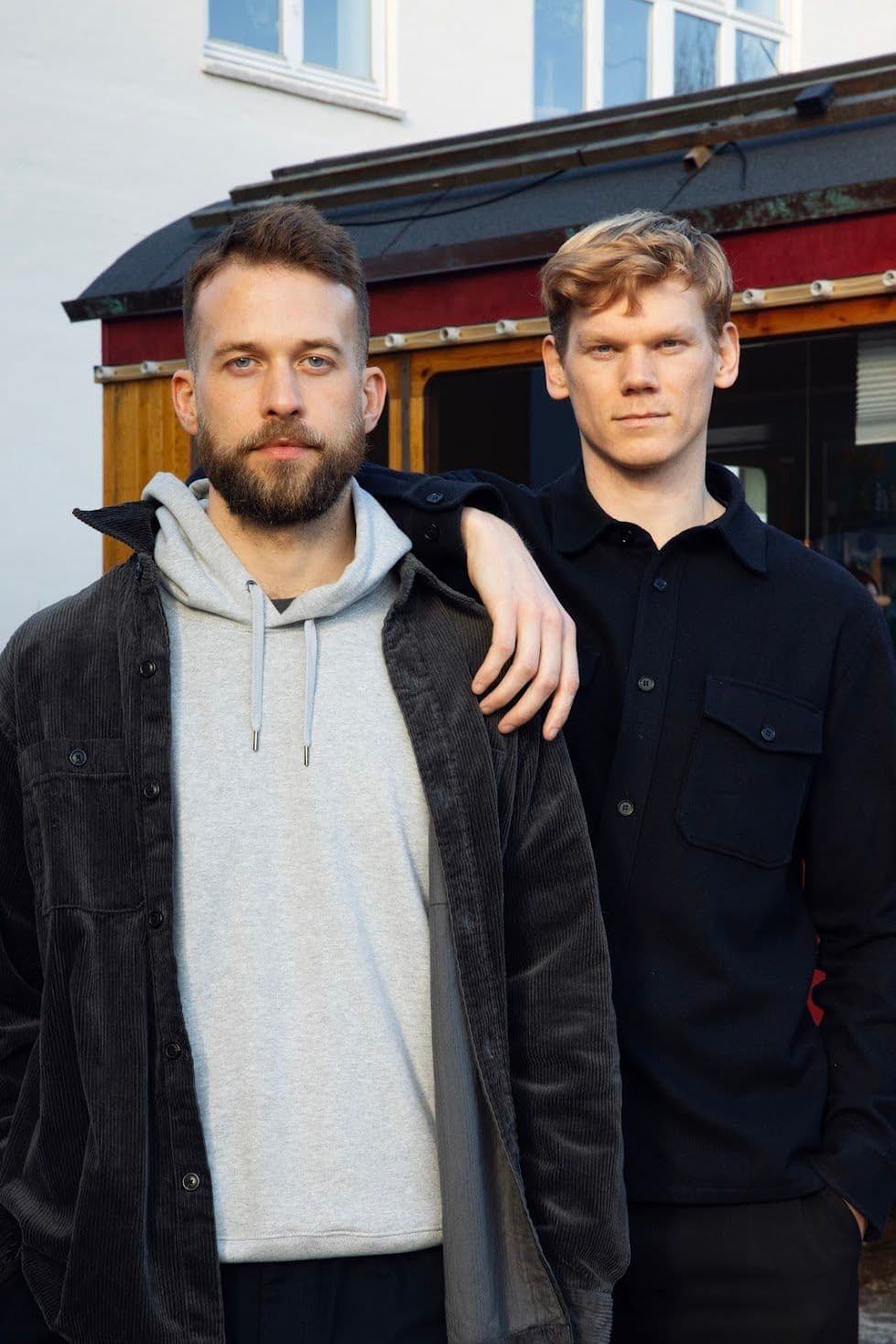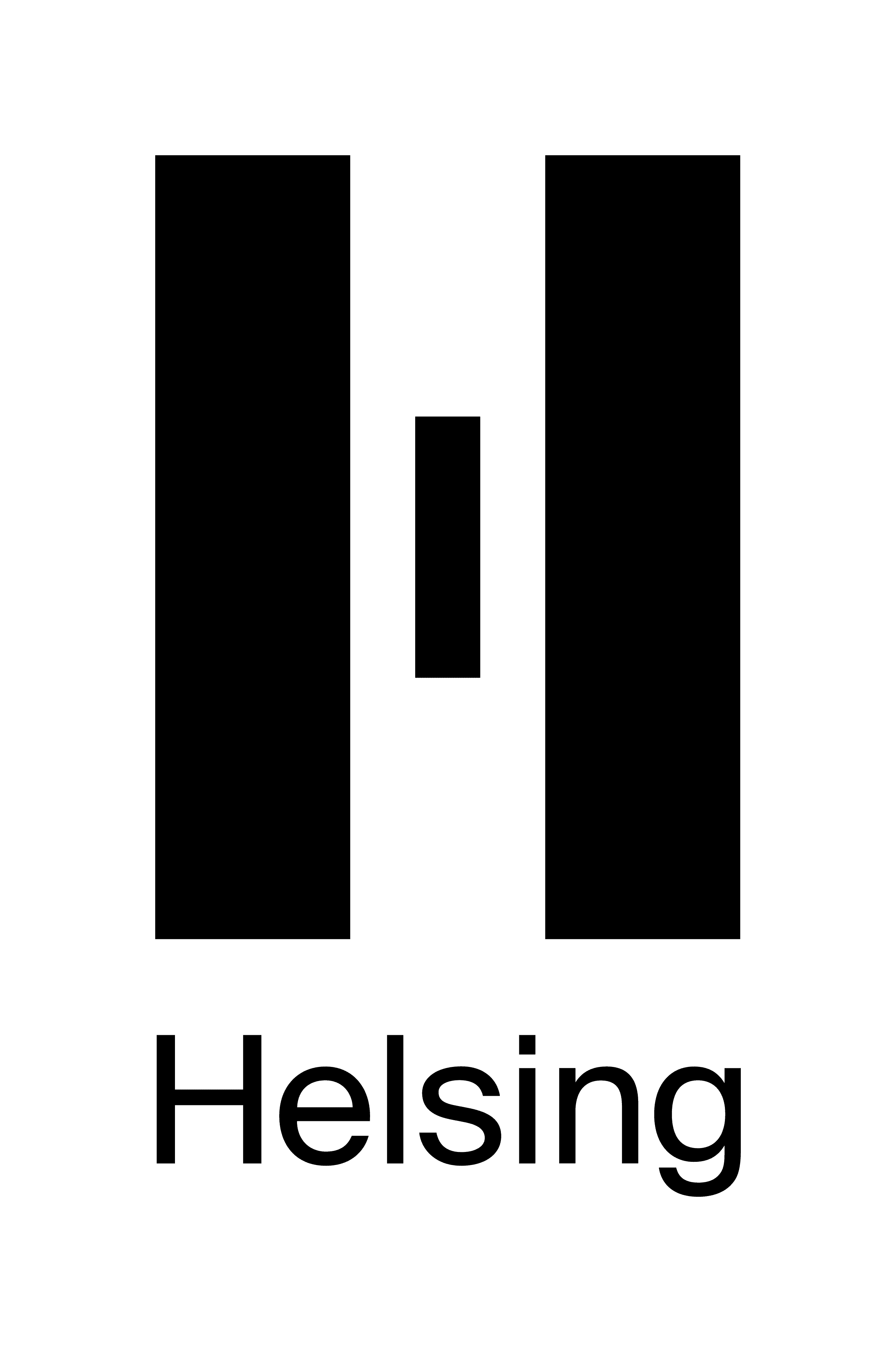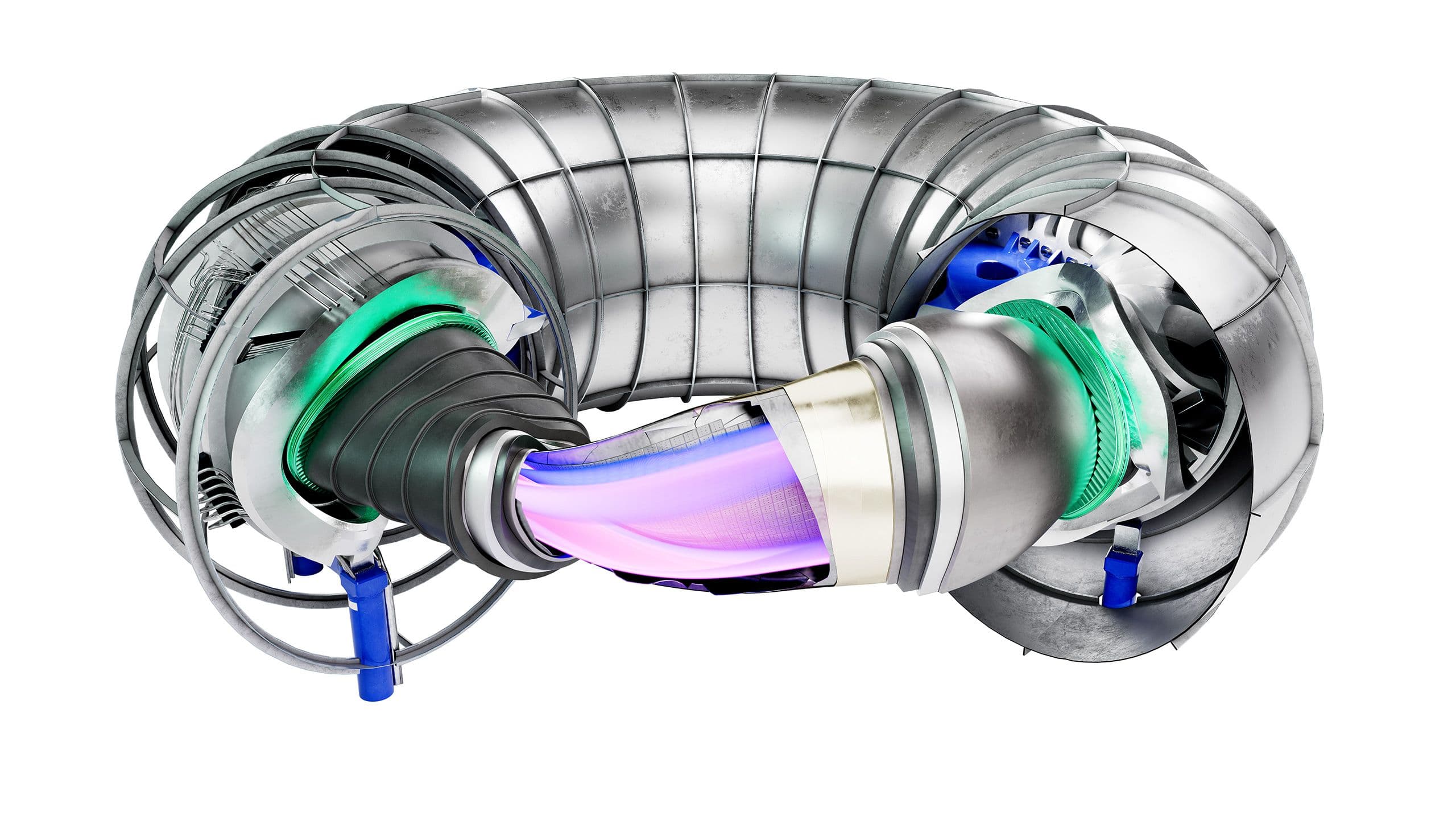Why we invested in Teton
by Taavet HinrikusWhen we launched Plural, we set out to invest in startups solving the hardest problems out there.
One of the biggest challenges our world faces is how to look after our sick and elderly, as populations age and rates of chronic disease rise, while the cost of global healthcare grows each year, now increasing by 10% annually, up from 7% in 2022. And, despite the fact that the global shortage of skilled healthcare workers is predicted to grow from 15m in 2020 to 78m by 2030, this is a sector that has seen little disruption from technology, and still relies heavily on human labour, even for the most menial and repetitive tasks.
Copenhagen-headquartered startup Teton is finding real traction by tackling this problem through its AI solution that helps caregivers to better and more efficiently monitor senior care residents and hospital patients. The technology, which both improves the standard of care and optimises how care is delivered, is now live in five countries, as hospitals and senior care providers urgently seek more cost effective ways to deliver exceptional care.
The problem Teton is solving
One of the biggest drains on nurses’ and care staff’s time is the need to conduct in-person checks on residents and patients throughout the day.
Teton has developed technology that helps automate these routine checks, combining specialised cameras with computer vision AI models that continuously monitor patients around the clock. The system generates ongoing live assessments of how a patient is doing, analysing factors like the quality of their sleep and if they appear to be in discomfort, and alerts nurses when someone needs attention, such as if they’re trying to leave their bed and are at risk of a fall. This significantly reduces unnecessary disturbances (for example, when patients are asleep) and moves care from reactive to preventative.

Another labour-intensive job for staff is documentation, with nurses spending huge amounts of time writing up notes and handing over to colleagues between shifts. Teton uses natural language processing to automatically generate notes from patient interactions that are then seamlessly passed onto the next nurse coming on shift, reducing the administrative load.
Human impact
We have seen how AI can reduce admin burden in industries like law or accounting, with many describing how it unlocks “superpowers” in skilled workers. Teton does the same for care staff - letting them spend more time on what they are best at and where their time is most valuable: the human work of attending to patients in need of help.
This allows hospitals and senior care operators to safely look after people with a smaller number of staff. This is particularly impactful on night shifts, which we know are damaging to caregivers’ wellbeing, which in turn negatively impacts patient safety and staff retention.
The technology’s continuous monitoring and assessment allows for a more comprehensive picture of how a patient is doing and more accurate prediction of their potential future health problems than you can build with one-off spot checks. It’s also because staff feel less burnt out and higher satisfaction and pride in their work, as they are able to focus on the more important and rewarding parts of looking after patients.
Most importantly, Teton actually improves health outcomes. Its implementation reduces falls - the leading cause of injury-related death in adults aged 65 and older - by 82%.
Rapid progress
The value of Teton’s technology speaks for itself: it is now live in five countries and growing its customer base 300% year-on-year, as the company has seen buyer behaviour rapidly shift toward disruptive technology in the face of challenging macro trends around the cost of care and workforce shortages.
The quality of its product is a result of the team’s huge dedication to understanding the problem it is solving, with the founders Mikkel and Esben spending more than 100 nights in hospitals and senior care facilities to observe staff’s work, and see how these professionals can be helped best by technology.

Teton has also invested heavily in improving its AI models and their understanding of what is going on with patients. This has been accelerated by a recent partnership with one of Europe’s most powerful supercomputers, Gefion, as well as by creative strategies like hiring actors and nurses to repeatedly act out patient scenes to improve training data.
By being obsessively customer-focused, Teton’s team is building technology that outperforms the small number of rival companies it’s competing with, with the startup doubling its team last year to supercharge its progress in what is still a very undecided field.
A European champion for an urgent global problem
Teton has made the progress that it has in a short space of time thanks to an extremely mission-led, low-bullshit founding team who have built a company with a relentless work ethic and a culture of high standards.
We’re doubling down on our investment because Teton has done something that few have managed to achieve in healthcare: build technology that saves money and reduces resource constraints while actually improving health outcomes and making the very best care accessible to more people. Given the challenges this sector faces around the world as costs go up and populations age, we believe Teton is set to become one of Plural’s most impactful investments to date, as it solves a huge global problem from Europe.


